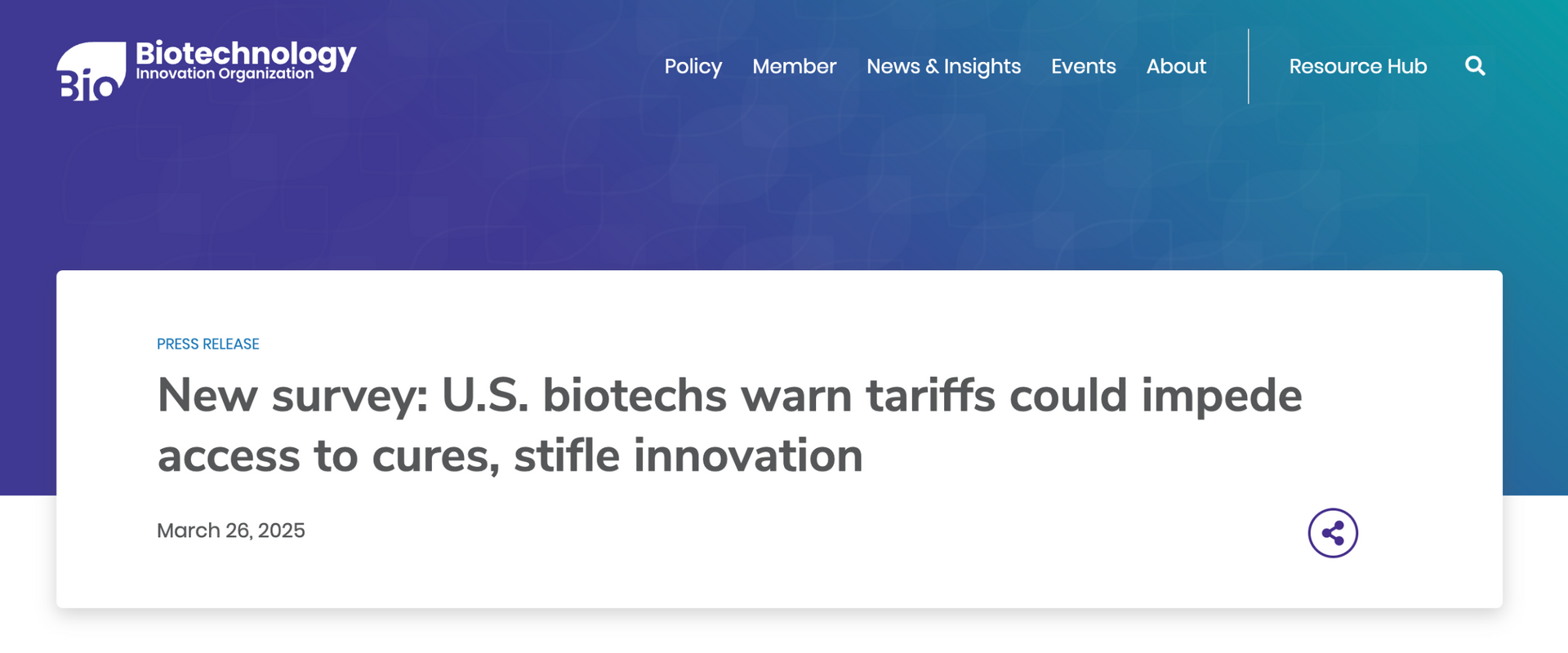MichBio Continues to Push Back on Proposed NIH Cuts
Defending Biomedical Innovation Amid NIH Budget Threats

MichBio, along with numerous other bio-industry groups, continues to press Congress and the Administration over attempts to severely curtail the NIH budget and operations by eliminating grant programs and outlays, reducing indirect cost structures, staffing and operational cuts, eliminated or delayed grant application cycles, and more. We view such moves and threats as potentially severely undermining America’s leadership in biomedical innovation.
In an original statement was released back in February, as MichBio heard clearly from Michigan universities and companies that they would suffer from the cessation of critical basic and clinical research that benefits Michiganders to worries about business survival as SBIR/STTR contractually obligated payouts were impacted.
Last week, MichBio joined several other state life science associations in once again calling for action by policymakers to collaborate with experts and preserve our position at the forefront of global health and biosecurity – read the op-ed. Not only is U.S. dominance in biomedical innovation threatened as we write, but it’s a national security matter as well, given that China has for years been racing to become a biotechnology economy juggernaut.
MichBio is taking this message to Capitol Hill and the Michigan Congressional delegation next week during the BIO Fly-In.
RECENT ARTICLES



©2024 | All Rights Reserved | MichBio
Website powered by Neon One

